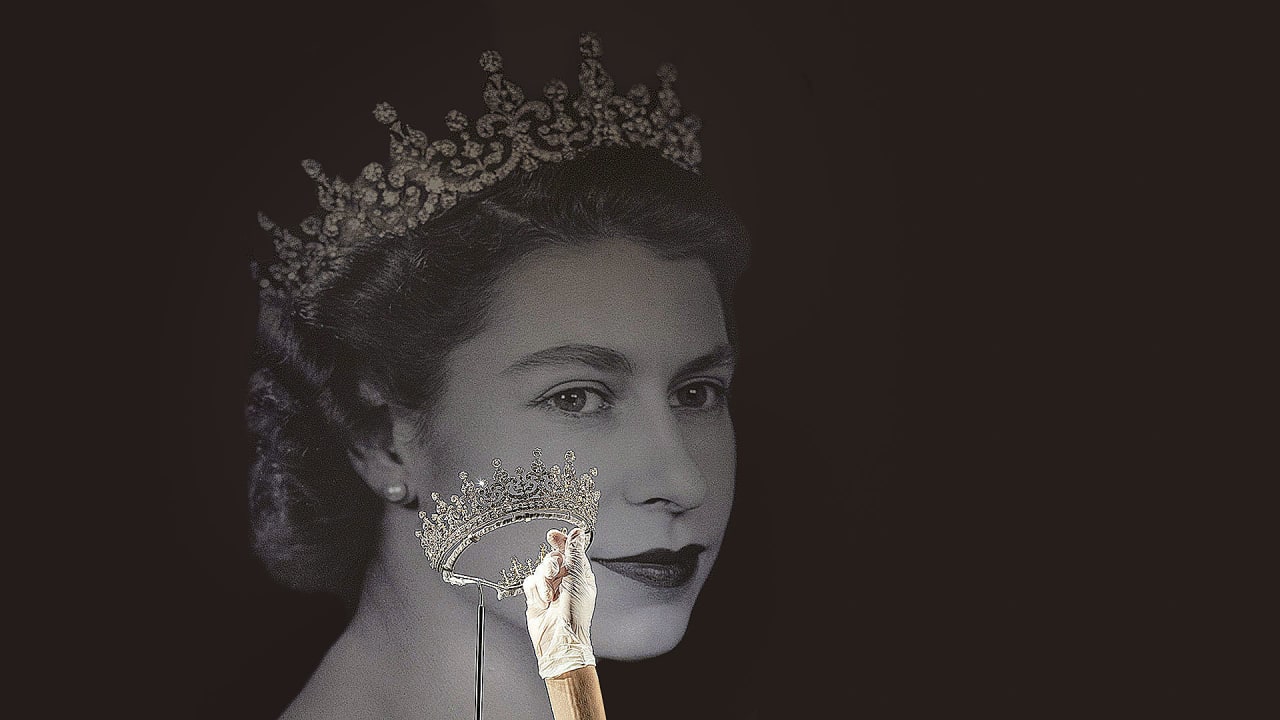[ad_1]

Queen Elizabeth II of the United Kingdom died Thursday at the age of 96 at Balmoral Castle, her estate in the Scottish Highlands. As the longest-reigning monarch in British history, the queen was especially beloved by her people. After taking the throne in 1952, for decades she commanded one of the highest approval ratings for any member of Buckingham Palace’s royal family, with the figure rising to 90% in the early 2000s. In a 2021 poll, she was named the third most admired woman in the world. Upon her death, newspapers across the globe mourned the loss of what they described as an icon of grace and dignity, the “spirit of Britain.”
Now, that loss could portend a coming revolution as the public eye falls upon a beleaguered monarchy in troubled times. The rest of the House of Windsor is not nearly as beloved as the queen, and in recent years, broad support for the very concept of British royalty has taken a swan dive from its peak a decade ago.
In November 2021, just months ahead of the queen’s Platinum Jubilee—which celebrated her 70th year of rule—an Ipsos poll found that only 60% of Britons favor Britain remaining a monarchy, which had fallen from 76% five years prior to become the lowest percentage seen in the poll’s 30-year history. The Jubilee itself was countered by an international anti-monarchy conference, which trumpeted the slogan, “Make Elizabeth the last.”
During Jubilee weekend in June, a YouGov poll found that 62% of Britons favored the monarchy. But a breakdown showed that support was carried by older generations (77% of those aged 65+), and declined with age (only 33% of those aged 18-24 supported the monarchy, while 31% favored an elected government), suggesting that anti-monarchy sentiment was trending to grow with time. When asked whether they believed the monarchy would still exist in 100 years, Britons were on the fence, with 39% saying it would—down from 67% a decade ago—and 41% saying it would not.
The ascension of the queen’s oldest son, King Charles III—formerly Prince Charles—could ruin the monarchy well earlier than the next century. Much vilified after the implosion of his marriage to Princess Diana of Wales, who was perhaps even more popular than the queen, Prince Charles himself had seemed allergic to the prospect of becoming king, once calling it a “no-win” conundrum. Meanwhile, critics ridiculed everything from his habit of talking to plants to his fascination with architecture. His reluctant coronation now threatens to throw the country into more political turmoil.
The flagbearer for the movement to abolish the monarchy is the Republic campaign, which is the largest lobbying group for so-called U.K. republicans who seek to overturn the government into a republic with an elected head of state. The platform—which argues that the thousand-year-old monarchy has no place in modern society, and that its wealth costs taxpayers millions of pounds per year—has in the past seen upticks in support as assorted scandals have tarnished the royal family’s once-shining public image. Other critics, meanwhile, argue that the majestic facade of Buckingham Palace hides an ugly legacy of ruthless imperialism and colonialism.
Beyond the U.K., people in countries under its commonwealth rule, which spans Canada to Jamaica to New Zealand, have also begun to call for an end to royal authority.
Fast Company has reached out to the Republic for comment in the wake of Queen Elizabeth’s death and will update this post if we hear back. But a quote earlier this year from its chief executive, Graham Smith, is telling. “The queen is the monarchy for most people,” Smith told the media. “After she dies the future of the institution is in serious jeopardy . . . Charles may inherit the throne, but he won’t inherit the deference and respect afforded the queen.”
[ad_2]
Source link

